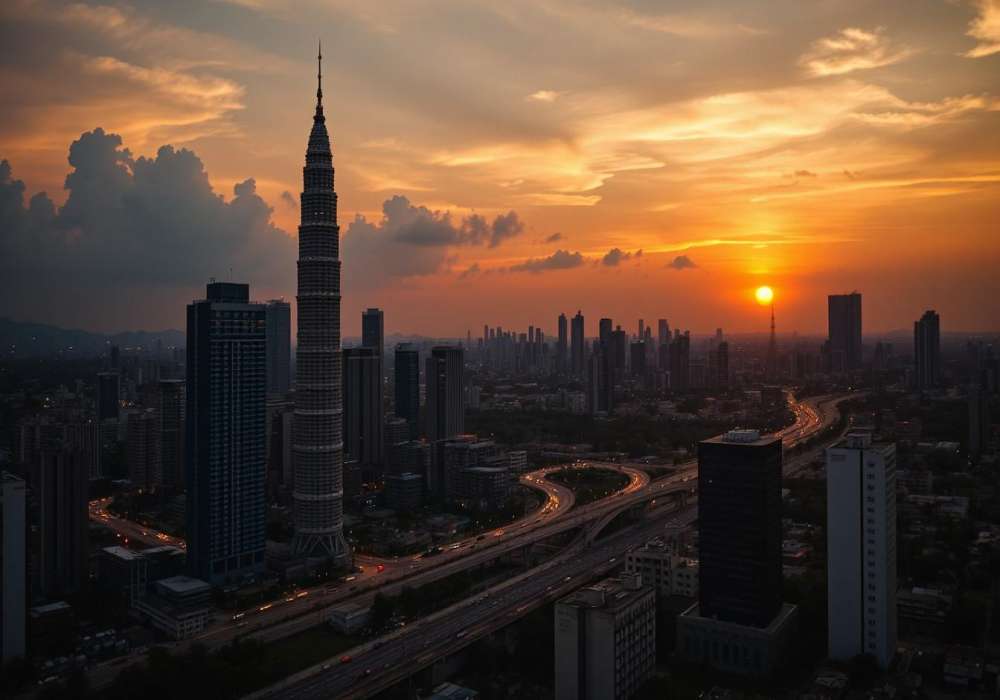
Last Updated At: 14-Jul-2025
12 Interesting Facts About The Malaysia You Didn't Know
Malaysia is a mesmerising mix of varied cultures, stunning scenery, and a peaceful fusion of history and modernity that is nestled in Southeast Asia. Kuala Lumpur's skyline is defined by the renowned Petronas Twin Towers, and the city's bustling street markets serve up a delectable selection of traditional and modern Malaysian cuisine. Malaysia has a diverse population with a rich heritage influenced by Malay, Chinese, Indian, and indigenous cultures. Beyond populated areas, magnificent jungles teem with wildlife, and uninhabited islands surrounded by clear waters beckon exploration. Malaysia is a prime example of how old-world charm and new-world attractiveness can coexist compellingly.
List Of 12 Interesting Facts About Malaysia
Malaysia is a diverse and surprising nation. What interesting facts about Malaysia intrigue you the most? What makes this place unique and special? All the significant, amusing, and peculiar facts about Malaysia are listed below.
- A colonial nation is Malaysia
- Malaysian alcohol is very expensive
- The national dish of Malaysia is a traditional dish called Nasi Lemak
- In Malaysia, street art is very popular
- In the past, Singapore belonged to Malaysia
- Malaysian-born designer Jimmy Choo
- In Malaysia, caning is a common form of punishment
- Malaysia is home to the largest flower in the world
- The tallest twin towers in the world are in Malaysia
- Malaysia was referred to as the Golden Peninsula
- Want a foot spa? Visit Malaysia
- Every five years, one of Malaysia's nine royal families takes the throne
1. A colonial nation is Malaysia
Malaysia has a strong historical legacy as a former colony. The Portuguese, Dutch, and British were among the many nations that influenced it throughout its colonial era. These outside forces permanently impacted the nation's culture, economics, and governance. After overcoming its colonial past, Malaysia today is a varied and dynamic country with a fascinating fusion of traditions and development.
2. Malaysian alcohol is very expensive
Due to government restrictions and high taxes, alcohol costs a lot in Malaysia. Alcohol availability and expense are further impacted by Islamic teachings that restrict alcohol intake. Due to their high cost, alcoholic beverages are predominantly used by people who can afford the higher costs and are, therefore, less accessible to the general public.
3. The national dish of Malaysia is a traditional dish called Nasi Lemak
The renowned traditional delicacy known as Nasi Lemak is the national dish of Malaysia. This flavorful rice dish, prepared with coconut milk and pandan leaves, is often used with sambal, peanuts, fried crispy anchovies, boiled eggs, and cucumber slices. Nasi Lemak accurately depicts Malaysia's rich culinary heritage because of its complex flavours and cultural significance.
4. In Malaysia, street art is very popular
Street art is alive and well in Malaysia's cities, entrancing locals and visitors. Various murals, graffiti, and installations that reflect the Malaysian cultural heritage diversity can be seen in cities like Penang and Kuala Lumpur. Street art has become popular as a means of artistic expression, providing colour and character to Malaysia's streets while incorporating historical histories and contemporary views.
5. In the past, Singapore belonged to Malaysia
Singapore used to belong to Malaysia. However, due to the political and economic divisions between the two regions, it became an independent and distinct nation in 1965. The journey of Singapore as a sovereign city-state began with this momentous division.
Read more : Culture of Malaysia
6. Malaysian-born designer Jimmy Choo
Jimmy Choo, a designer born in Malaysia, is well known for his exquisite footwear designs. In the 1990s, he gained the attention of the world's fashion fans with his sophisticated and innovative creations. By working with Tamara Mellon, his brand "Jimmy Choo" rose to prominence in opulent footwear and accessories, becoming a synonym for high fashion.
7. In Malaysia, caning is a common form of punishment
For some violations, caning is an accepted method of physical discipline in Malaysia. Inflicting physical pain and anguish on the offender by flogging them with a thin rattan cane. Crimes, including trafficking in illegal drugs, vandalism, and other religious violations, are usually punished by caning. It has raised discussions about human rights and the proper form of punishment despite being controversial and still part of Malaysian law.
8. Malaysia is home to the largest flower in the world
The largest flower in the world, Rafflesia arnoldii, is found only in Malaysia. Due to its powerful smell, it is often called the "corpse flower" and may grow up to 3 feet in diameter and 24 pounds in weight. The Rafflesia is a unique and alluring botanical wonder that can only be found in the jungles of Southeast Asia, especially Malaysia. It attracts curious tourists and nature lovers.
9. The tallest twin towers in the world are in Malaysia
The honour of being the tallest twin structures in the world belongs to the Petronas structures, which are situated in Kuala Lumpur, Malaysia. These famous buildings, which rise 1,483 feet, were finished in 1998. The towers are a striking example of contemporary architecture infused with cultural elements and stand as a testament to Malaysia's architectural and economic supremacy.
Read more : Famous Festival Of Malaysia
10. Malaysia was referred to as the Golden Peninsula
Even though Malaysia is not usually referred to as the "Golden Peninsula," the word could be mistaken for a historical allusion to the Malay Peninsula. Ancient literature referred to the Malay Peninsula, where Malaysia is mainly located, as the "Golden Chersonese" due to its advantageous location for trade and wealth of resources.
11. Want a foot spa? Visit Malaysia
Visit Malaysia to indulge in a rejuvenating foot spa experience. Malaysia provides a peaceful getaway for relaxation with its opulent resorts and spas. Enjoy therapeutic procedures, beautiful scenery, and traditional foot massages. From frantic metropolis to tranquil beaches, Malaysia's varied landscapes offer the ideal location for relaxing and reviving your senses with a peaceful foot spa.
12. Every five years, one of Malaysia's nine royal families takes the throne
Rotating kingship is a feature of Malaysia's distinctive constitutional monarchy. One of the nation's nine royal dynasties takes the throne as the Yang di-Pertuan Agong or King, once every five years. This rotation system promotes harmony and respect amongst the many states and ethnic groups, demonstrating Malaysia's dedication to maintaining its rich cultural legacy and traditions.
If you want to plan a hassle-free and fun holiday to Malaysia, Adotrip is a great option for a travel companion. Adotrip can make your trip better by providing comprehensive travel guides, expertly crafted itineraries, and local knowledge. Learn some interesting facts about Malaysia. Utilize Adotrip's suggestions to effectively organize your travel to top tourist attractions in Malaysia.
Read More: Places To Visit in Malaysia
With us, nothing is far!
Frequently Asked Questions About Facts About Malaysia
Q1. How is Malaysia's cultural diversity reflected in its festivals and traditions?
A1. Hari Raya, Diwali, and Chinese New Year are lively celebrations and customs highlighting rich cultural variety of festivals in Malaysia. The diversity of nationalities, languages, and traditions celebrated throughout these events creates a colourful tapestry of peace and harmony.
Q2. What are some famous Malaysian landmarks and tourist spots?
A2. Here are some famous landmarks and tourist spots in Malaysia mentioned below:
- Petronas Towers
- Batu Caves
- Cameron Highlands
- Langkawi
- Taman Negara
- Penang Hill
- Kinabalu Park
- George Town
Q3. How does Malaysia's cuisine showcase a blend of different cultures?
A3. Malaysia's multiethnic society is reflected in its cuisine, which features dishes with Malay, Chinese, Indian, and native influences. A broad and delectable culinary environment is created due to the blending of ingredients, cooking methods, and flavours.
Q4. What are some key industries driving Malaysia's economy?
A4. Here are some key industries driving Malaysia's economy mentioned below:
- Electronics Manufacturing
- Manufacturing
- Tourism
- Oil and Gas
- Healthcare and Medical Tourism
- Education
Q5. How has Malaysia contributed to the global tech industry?
A5. By stimulating the development of transistors and electronics and maintaining the manufacturing and research facilities of multinational tech corporations, Malaysia has established itself as a centre for the global tech industry, stimulating both innovation and economic growth.
Q6. What are some unique customs and etiquettes in Malaysia?
A6. In Malaysia, taking your shoes off before entering a house or a place of worship is usual. When giving and receiving, use your right hand, and pay seniors some respect with a small bow. It is liked when people dress modestly and avoid making public rallies of affection.
Q7. What are some important historical events in Malaysia's past?
A7. Here are some important historical events in Malaysia's past mentioned below:
- Colonial Period
- Independence
- Formation of Malaysia
- Petronas Twin Towers Completion
- Political Changes
- Peaceful Transition of Power
Q8. How does Malaysia approach environmental conservation?
A8. Malaysia approaches environmental preservation through programs like protected areas, forests, and ethical business practices in the palm oil industry. Efforts are being made to combat climate change and protect biodiversity.
Q9. What are some traditional arts and crafts of Malaysia?
A9. Here are some traditional arts and crafts of Malaysia mentioned below:
- Kite Making
- Songket
- Woodcarving
- Traditional Music
- Wayang Kulit
- Pottery
- Batik
Q10. How is Malaysia's education system structured?
A10. Malaysia has three levels of education: primary, secondary, and tertiary. Primary and secondary education are required and blend domestic and foreign curricula. Universities, colleges, and vocational schools that offer a variety of programs are included in tertiary education.
--- Published By Adotrip
Latest Blogs
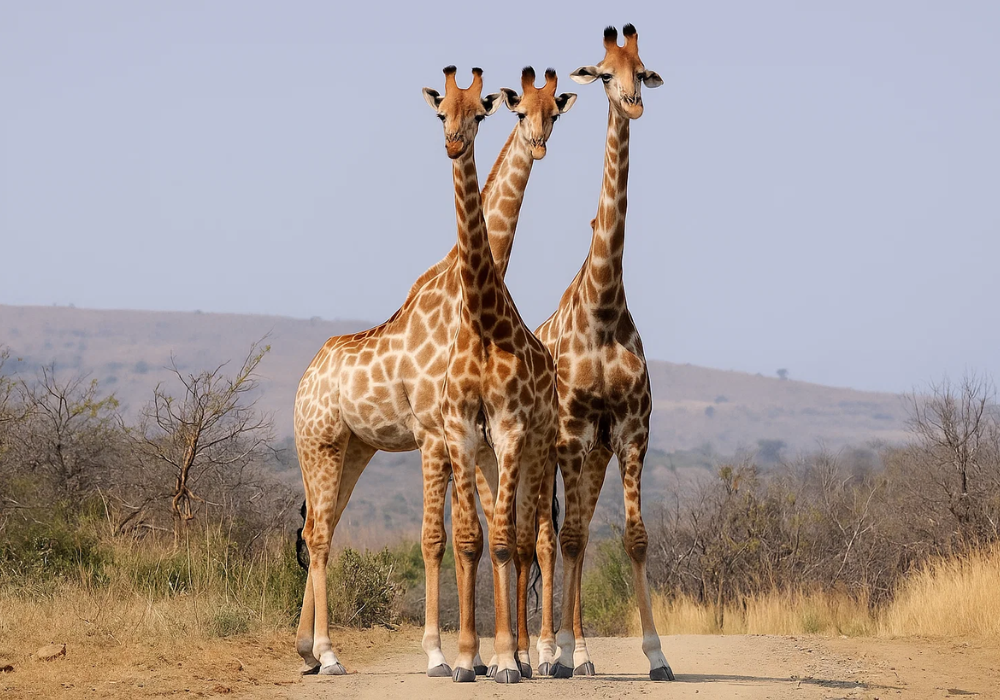
Cash in the Wild: My Safari Adventure Across Kenya with Only...

One Day Picnic Spot Near Pune - Adventure, Trekking and Natu...
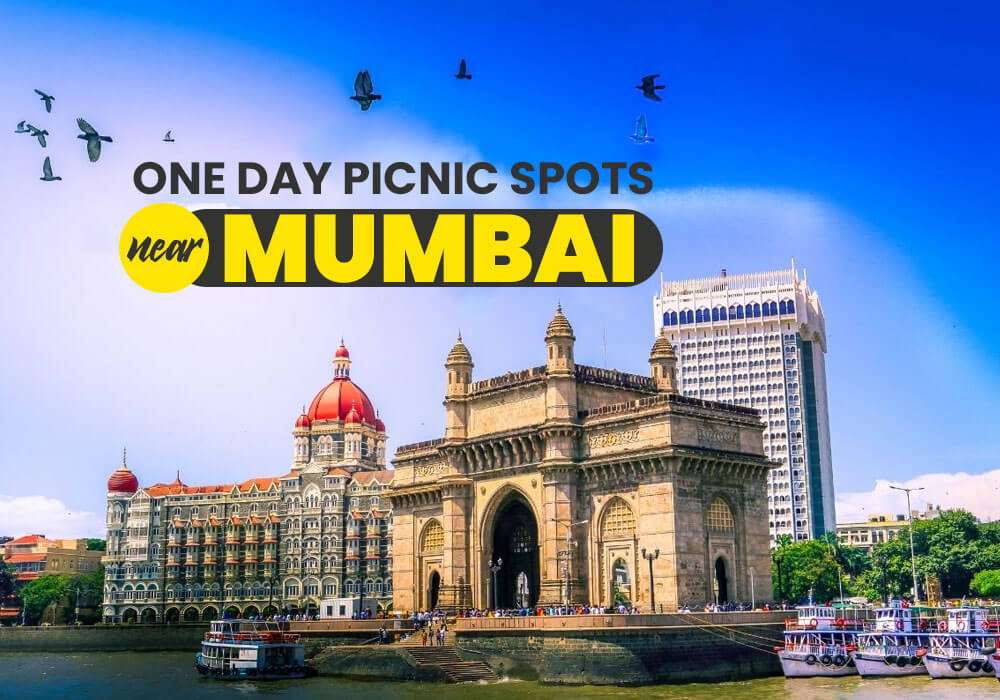
One Day Picnic Spots Near Mumbai - Monsoon, Adventure, Beach...
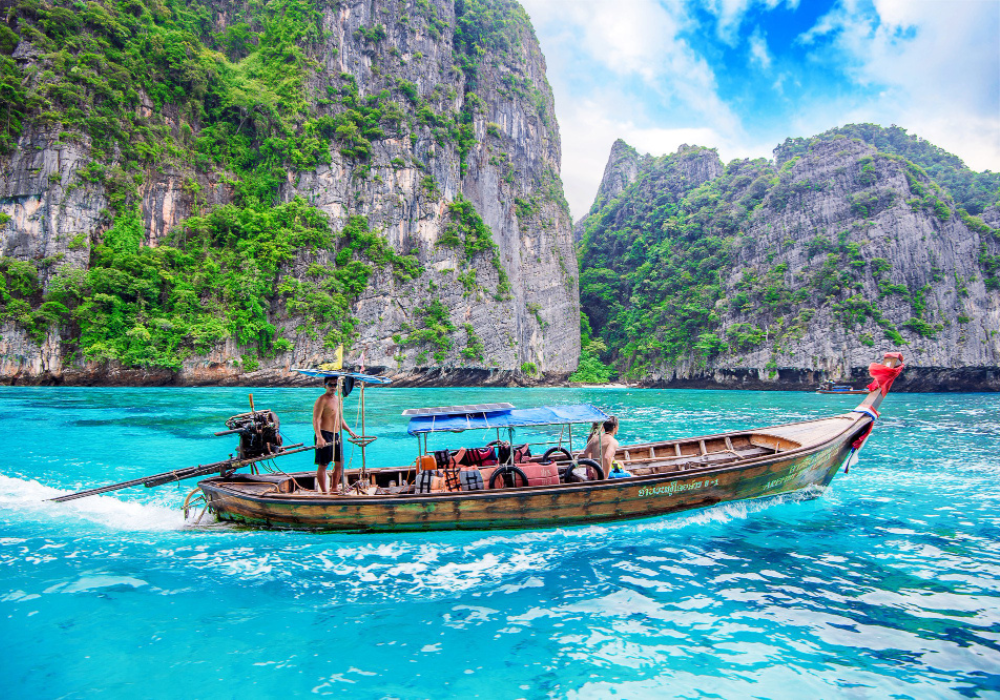
The Best Places to Go in Thailand in 2025



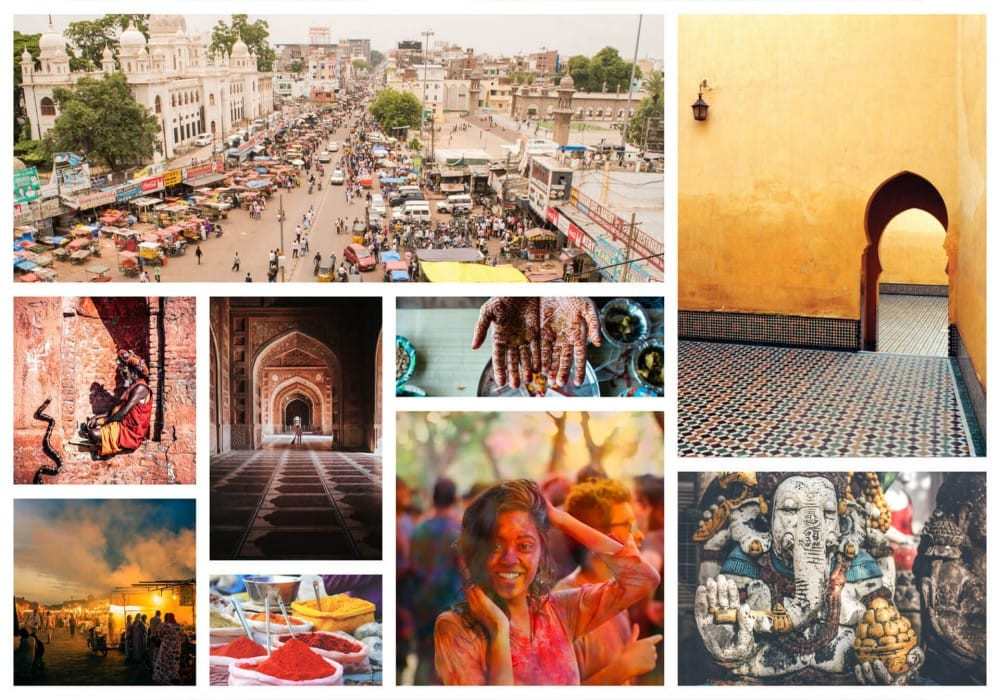
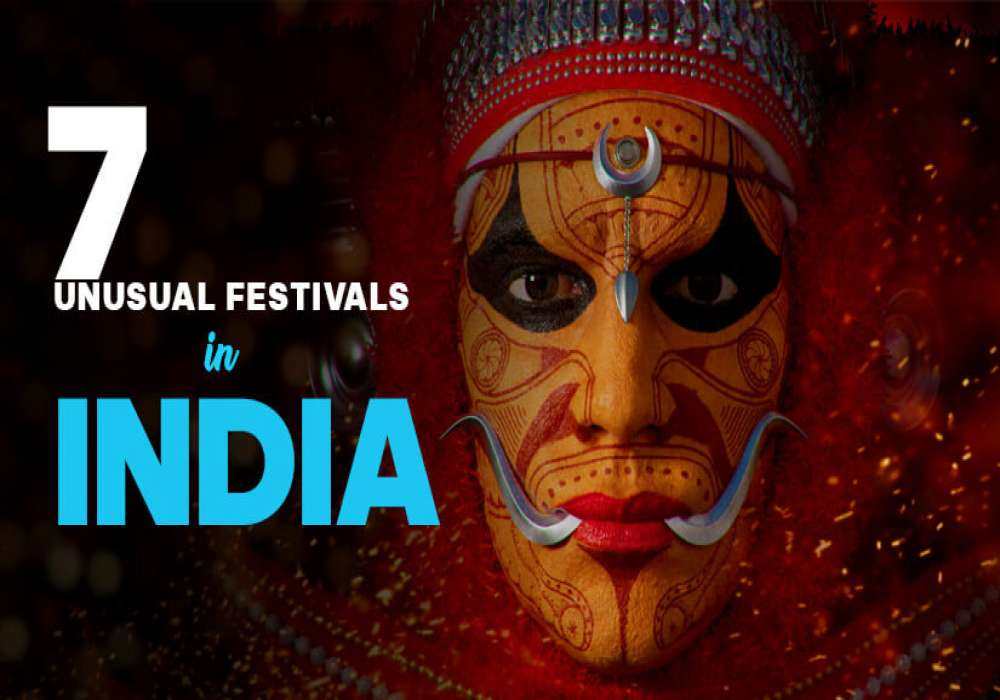


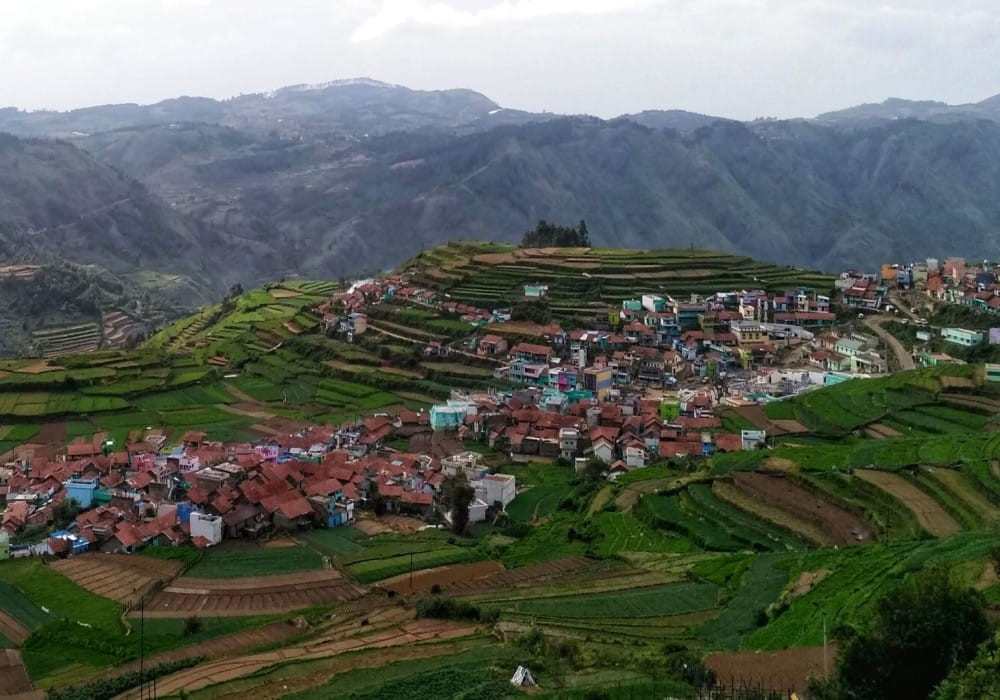

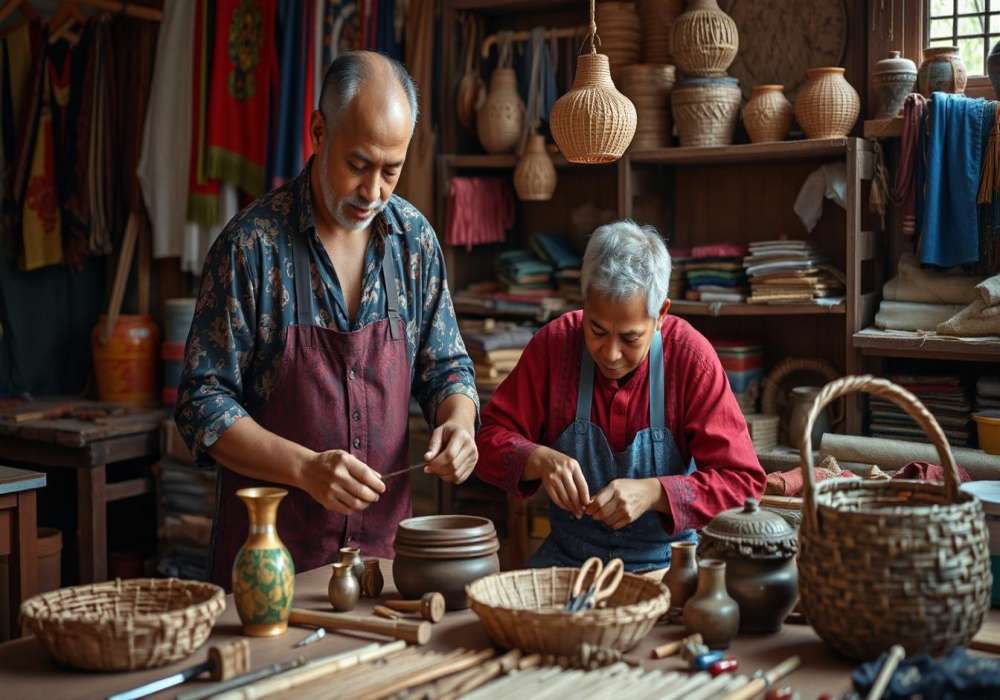
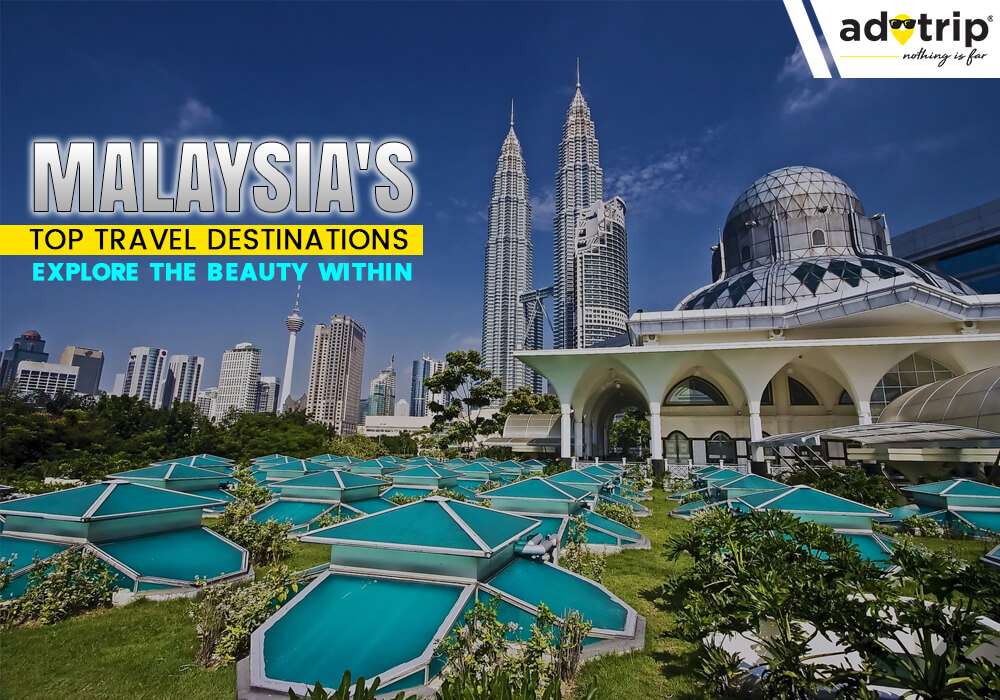
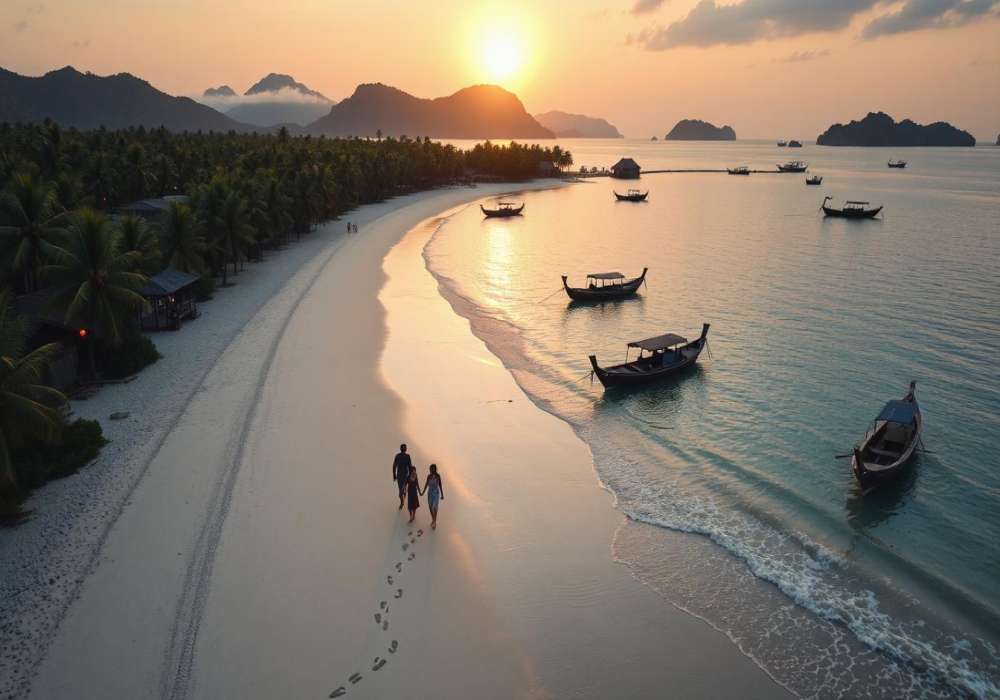
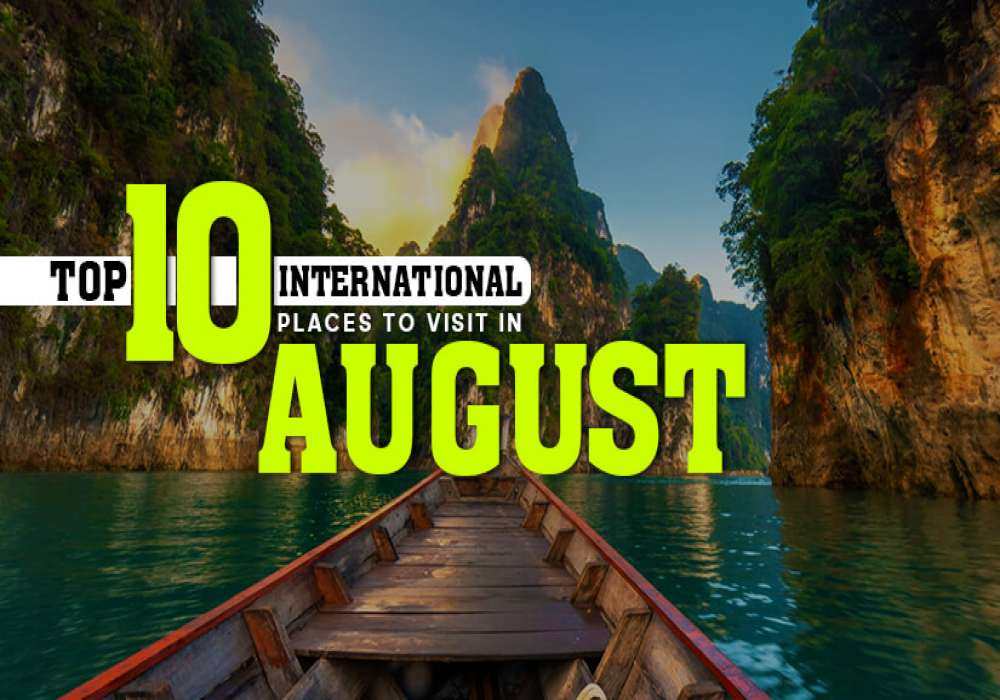
 (1).png)
 Dubai
Dubai Malaysia
Malaysia USA
USA





